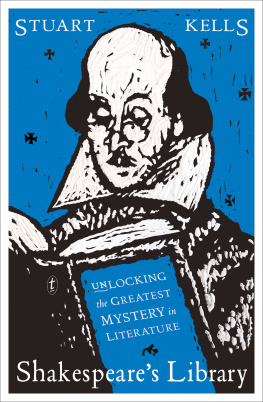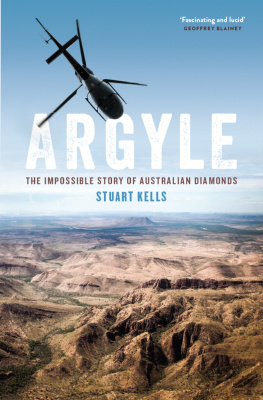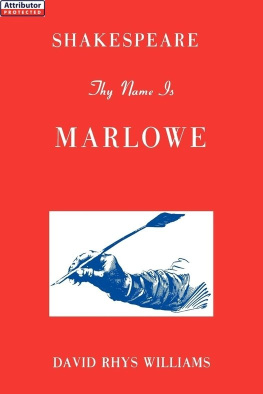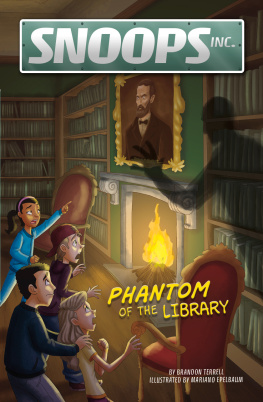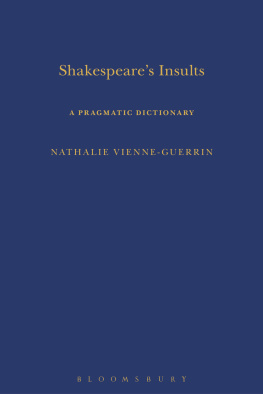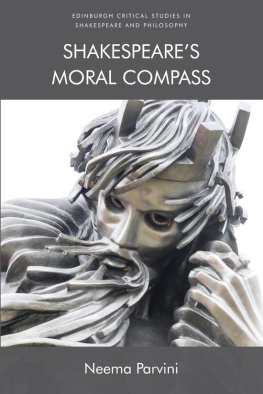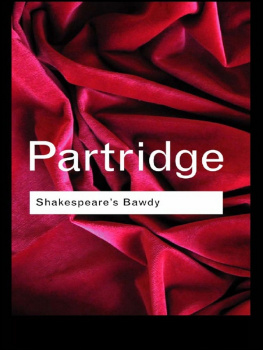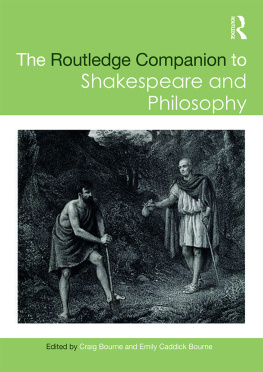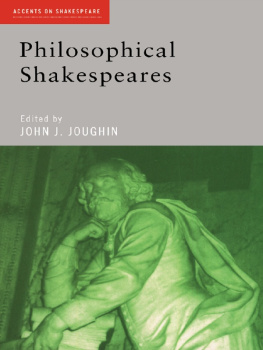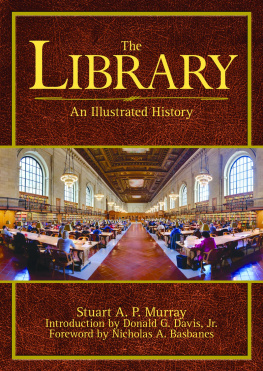Stuart Kells - Shakespeares Library: Unlocking the Greatest Mystery in Literature
Here you can read online Stuart Kells - Shakespeares Library: Unlocking the Greatest Mystery in Literature full text of the book (entire story) in english for free. Download pdf and epub, get meaning, cover and reviews about this ebook. year: 2018, publisher: The Text Publishing Company, genre: Detective and thriller. Description of the work, (preface) as well as reviews are available. Best literature library LitArk.com created for fans of good reading and offers a wide selection of genres:
Romance novel
Science fiction
Adventure
Detective
Science
History
Home and family
Prose
Art
Politics
Computer
Non-fiction
Religion
Business
Children
Humor
Choose a favorite category and find really read worthwhile books. Enjoy immersion in the world of imagination, feel the emotions of the characters or learn something new for yourself, make an fascinating discovery.
- Book:Shakespeares Library: Unlocking the Greatest Mystery in Literature
- Author:
- Publisher:The Text Publishing Company
- Genre:
- Year:2018
- Rating:4 / 5
- Favourites:Add to favourites
- Your mark:
Shakespeares Library: Unlocking the Greatest Mystery in Literature: summary, description and annotation
We offer to read an annotation, description, summary or preface (depends on what the author of the book "Shakespeares Library: Unlocking the Greatest Mystery in Literature" wrote himself). If you haven't found the necessary information about the book — write in the comments, we will try to find it.
Millions of words of scholarship have been expended on the worlds most famous author and his work. And yet a critical part of the puzzle, Shakespeares library, is a mystery. For four centuries people have searched for it: in mansions, palaces and libraries; in riverbeds, sheep pens and partridge coops; and in the corridors of the mind. Yet no trace of the bards manuscripts, books or letters has ever been found.
The search for Shakespeares library is much more than a treasure hunt. The librarys fate has profound implications for literature, for national and cultural identity, and for the global Shakespeare industry. It bears upon fundamental principles of art, identity, history, meaning and truth.
Unfolding the search like the mystery story that it is, acclaimed author Stuart Kells follows the trail of the hunters, taking us through different conceptions of the library and of the man himself. Entertaining and enlightening, Shakespeares Library is a captivating exploration of one of literatures most enduring enigmas.
Stuart Kells is an author and book-trade historian. His 2015 book Penguin and the Lane Brothers won the Ashurst Business Literature Prize. An authority on rare books, he has written and published on many aspects of print culture and the book world. Stuart lives in Melbourne with his family.
Stuart Kells presents a fascinating and persuasive new paradigm that challenges our preconceptions about the Bards literary talent. Age
A delight to read, a wonderful piece of erudition and dazzling detective work. David Astle, Evenings on ABC Radio Melbourne
An excellent and incredibly fascinating read. 3RRR Backstory
A fascinating examination of a persistent literary mystery. Publishers Weekly
Kellss reflections are wonderfully romantic, wryly funny...Theres no doubt we can all learn a lot from the magnificently obsessive and eloquent Kells. Australian on The Library: A Catalogue of Wonders
Kells is a magnificent guide to the abundant treasures he sets out. Mathilda Imlah, Australian Book Review on The Library: A Catalogue of Wonders
If you think you know what a library is, this marvellously idiosyncratic book will make you think again. After visiting hundreds of libraries around the world and in the realm of the imagination, bibliophile and rare-book collector Stuart Kells has compiled an enchanting compendium of well-told tales and musings both on the physical and metaphysical dimensions of these multi-storied places. Age on The Library: A Catalogue of Wonders
Stuart Kells: author's other books
Who wrote Shakespeares Library: Unlocking the Greatest Mystery in Literature? Find out the surname, the name of the author of the book and a list of all author's works by series.

